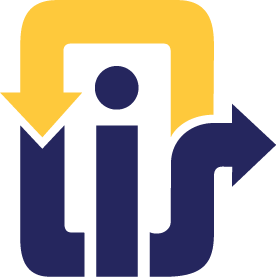E-Rate
The E-Rate Program helps schools and libraries obtain high-speed internet access at affordable rates, which supports efforts to keep pace with constantly evolving technology. E-Rate is administered by the Universal Service Administrative Company (USAC) with oversight from the Federal Communications Commission (FCC). Discounts range from 20% to 90% of the costs of eligible services, depending on the level of poverty and the urban/rural status of the population served.
The USAC website is the most authoritative source of information and help for libraries filing for E-Rate discounts. Check the site frequently for updated information.
Eligible Services List: The FCC releases a list for each funding year containing a description of the products and services that will be eligible for discounts.
E-Rate Productivity Center (EPC): EPC is the account and application management portal for E-Rate.
USAC Applicant Training: Videos and webinars to help applicants understand and manage the filing process, FCC requirements, and other elements of the E-Rate program.
RI Telecommunications Education Access Fund (RITEAF): RITEAF supplements the E-Rate program and ensures that Internet access and other network resources are available and affordable for all private and public K12 schools and all public libraries.
Libraries applying for E-Rate program discounts must certify compliance with the Children’s Internet Protection Act (CIPA) to be eligible. CIPA requirements include three items:
-
Internet Safety Policy: Libraries are required to adopt and enforce an internet safety policy that includes a technology protection measure that protects against access by adults and minors to visual depictions that are obscene, child pornography, or – with respect to use of computers with internet access by minors – harmful to minors. “Minor” is defined as any individual who is under the age of 17.
-
Technology Protection Measure: A technology protection measure is a specific technology that blocks or filters internet access.
-
Public Notice and Hearing or Meeting: Libraries must provide reasonable public notice and hold at least one public hearing or meeting to address a proposed technology protection measure and Internet safety policy.
Resources
ALA Intellectual Freedom Committee: Guidelines to Minimize the Negative Effects of Internet Content Filters on Intellectual Freedom
USAC: Information from E-Rate's administrative entity about compliance and documentation.
E-Rate Central: Concise information about CIPA and E-Rate.
